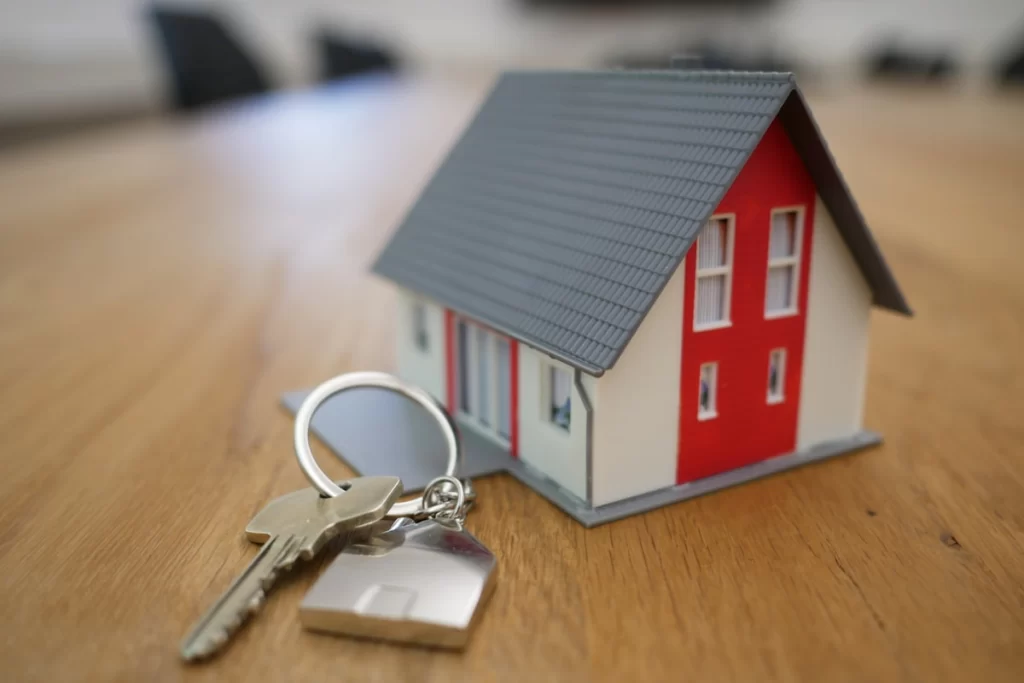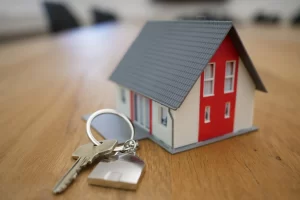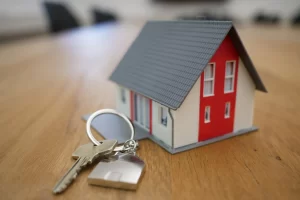I want to improve my credit score but I don't know how to do it, can you help?
It's impossible to change your credit score in the time between when most people decide to buy a home or refinance their mortgage and when they apply.
So the answer is, you really can't "on the spot." But there are strategies you can live with to make sure when you apply for a mortgage or a car loan your score is as high as possible.
Make sure that the information each of the two credit reporting agencies has on you is consistent and up to date.
Order a copy of your credit report it is free or you can access it online paying a small fee and dispute any inaccuracies.
Note: If a series of credit reports is requested on your behalf during a short amount of time your beacon score goes down until time passes without any inquiries.
These are called hard credit inquiries, but if you check the credit score yourself it doesn't affect your score - this is called a soft inquiry.
Also, a series of requests in relation to getting a mortgage or car loan is not treated the same as a number of credit card requests in a limited time, but they will lower your beacon score.
Unsolicited credit card solicitations in the mail don't count against your credit report, so don't worry.
The two main components of your credit score are your payment history and the amounts you owe.
Filing for bankruptcy will stay on your credit report for as long as 7 years. It's never a good idea to take on more credit than you can handle.
Late payments work against you. It's extremely important to pay bills on time, even if it's only the monthly payment.
Don't "max out" your credit lines. Since the size of the balance on your open accounts is a factor, lower balances are better.
Use 35% or less of your balance only. By carefully managing your credit, it's possible to add as much as 50 points per year to your beacon score.
Your bad credit will cause you no end of trouble and stress, but it is not the end. As hopeless as things may seem, bad credit won't last forever. You can do several things to improve your credit starting right now.
1. Stop using your credit cards.
If you already have bad credit, one of the worst things you can do is continue accumulating debt by continuing to use your cards. Don't purchase anything unless you can pay cash for it.
2. Obtain a copy of your credit report.
Get a copy of your credit report. You can go to http://www.equifax.ca to learn how to obtain your copies free of charge.
3. Fix mistakes in your credit report.
Contact all three credit bureaus to fix any mistakes contained in your reports. Dispute anything you feel is wrong or out of the ordinary. Make sure to keep an eye out for negative entries that don't belong to you.
4. Pay up any late accounts.
Getting up to date on any past due accounts will have a great impact on your credit.Your payment history makes up 35% of your credit score.
5. Stop filling out those darn credit applications.
While your trying to enhance your credit don't fill out any more credit card or loan applications. More applications will harm your credit score and while your credit is still damaged your more likely to be rejected any way.
6. Don't be hasty in closing older accounts.
You should go ahead and close any gas or store charge cards you have, however don't hurry to close your mainline credit cards like Visa or Mastercard. Paying off the balances will improve your credit, but closing these cards will reduce your availabe credit and hurt your credit score, also the older the account the more your score is helped by the longer history.
7. Pay off debts.
Do what you have to, but get out of debt. This may mean giving up some freedom and taking an additional job, but you must pay off that debt. In the long run you will find your enhaced credit will be well worth it.
8. Call your creditors.
Talk to your creditors about your situation, right now theyíre certainly the last people you want to talk to, but you'd be surprised at the help they may offer you. Negotiate to lower your monthly payments for a short period of time if possible.
Ready to Get Started?
Contact us today for personalized mortgage advice and competitive rates.



